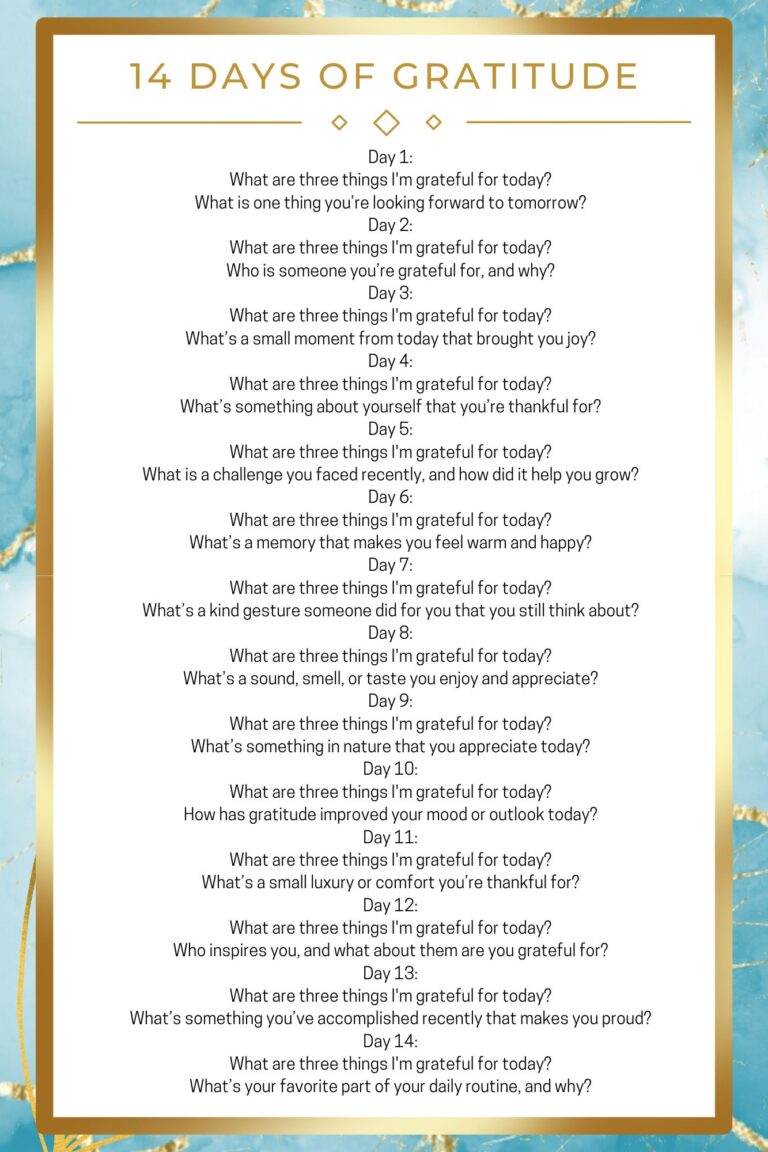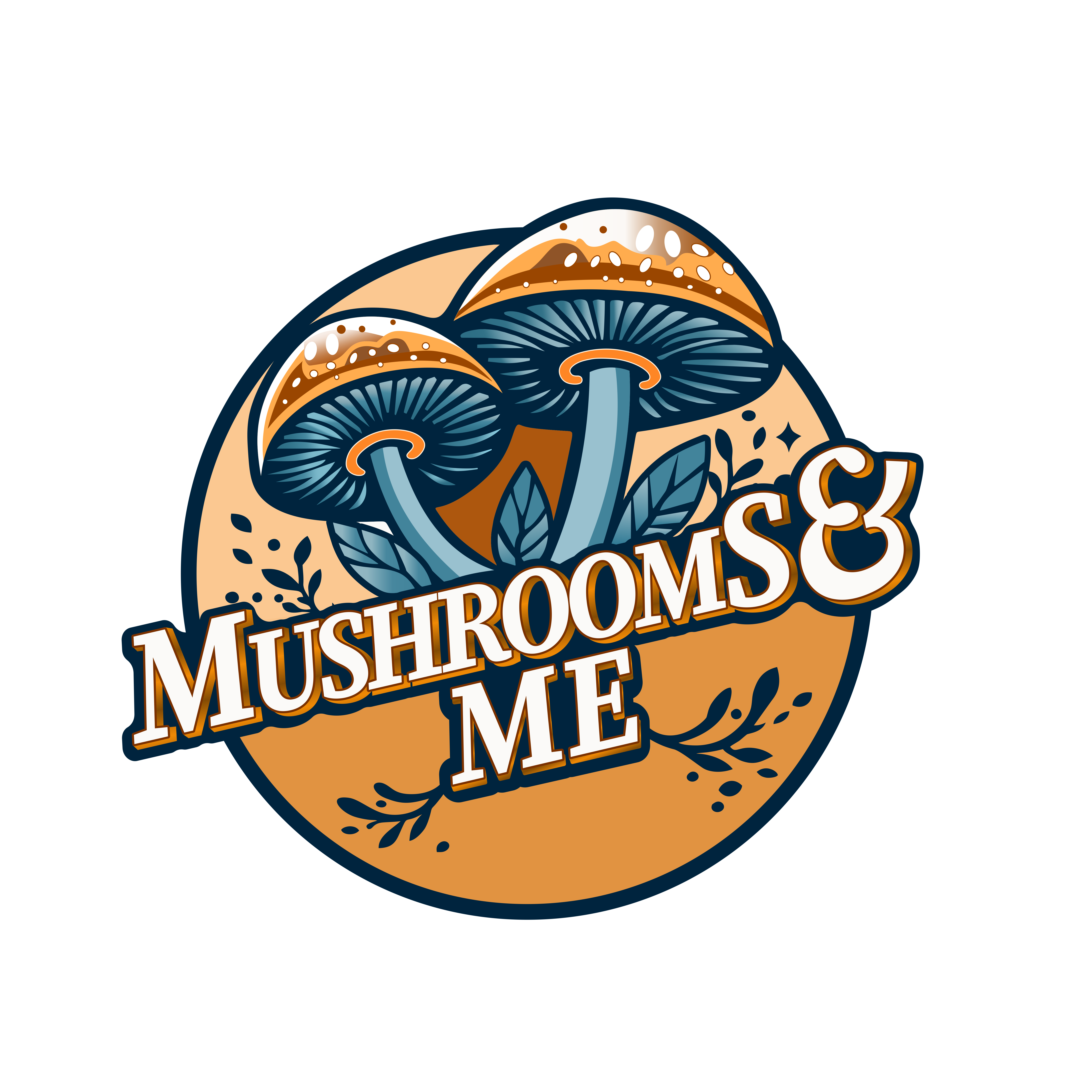Resources
Access valuable resources and articles on psilocybin facilitation, preparation, and integration. Learn more about safe psychedelic practices from our experts in Bend, Oregon.
When psychedelics entered American history.
How to Change Your Mind documentary.
Psilocybin, the active compound in certain psychedelic mushrooms, has shown significant promise in treating treatment-resistant depression (TRD). Several scientific studies highlight its potential and the mechanisms by which it may help
Clinical Trials and Efficacy:
- A large multicenter clinical trial conducted by COMPASS Pathways across 22 international sites demonstrated that a single 25 mg dose of psilocybin, combined with psychological support, significantly reduced depressive symptoms in participants with TRD. The study found that those who received the 25 mg dose reported a greater reduction in depression levels compared to those who received a 1 mg control dose (King’s College London).
- Another study published in the New England Journal of Medicine showed that psilocybin can reduce depression scores significantly in people with TRD. Participants reported a notable reduction in depression severity three weeks after a single dose of 25 mg psilocybin (King’s College London).
Neurobiological Effects:
- Psilocybin impacts the brain’s default mode network (DMN), which is often overactive in individuals with depression. By disrupting the DMN, psilocybin can reduce rumination and rigid negative thought patterns, providing a reset for the brain’s neural circuits (ScienceDaily).
- It promotes neuroplasticity, allowing the brain to form new connections. This can help individuals break free from entrenched patterns of thinking and behavior that contribute to depression (ScienceDaily) (King’s College London).
Therapeutic Experience:
- During the therapeutic sessions, the psychedelic effects of psilocybin typically last between six to eight hours, during which participants receive psychological support in a calming environment. This support is crucial for helping participants integrate their experiences and insights gained during the session into their daily lives (King’s College London).
The promising results from these studies suggest that psilocybin, when used in a controlled and supportive environment, can be an effective treatment for individuals with treatment-resistant depression. However, it’s important to note that these treatments should be conducted under professional supervision within a clinical setting to ensure safety and efficacy. Further research is ongoing to better understand the long-term benefits and potential risks associated with psilocybin therapy for depression.
For more detailed information, you can check out the studies and articles from sources like ScienceDaily and King’s College London.
Psilocybin has shown significant potential in treating addiction, as evidenced by various scientific studies. Here’s a summary of the findings:
Smoking Cessation:
- A study conducted by Johns Hopkins University found that psilocybin, administered in conjunction with cognitive-behavioral therapy, significantly helped long-term smokers quit. Participants who had previously failed multiple attempts to quit showed a high rate of abstinence following psilocybin sessions. The effects were sustained, with many participants remaining abstinent even at long-term follow-ups (Home) (Hazelden Ford).
Alcohol Use Disorder:
- Research has demonstrated that psilocybin can reduce heavy drinking days in individuals with alcohol dependence. A study involved two doses of psilocybin administered several weeks apart, combined with motivational enhancement therapy. Results showed a significant reduction in alcohol consumption following the psilocybin sessions (Hazelden Ford).
General Substance Use Disorders:
- Psilocybin’s effectiveness extends to various substance use disorders, including alcohol and nicotine dependence. The mechanism involves inducing profound psychological experiences that can lead to lasting changes in behavior and thought patterns. This is often facilitated by increased neuroplasticity and a reset of brain circuits involved in addiction (American Psychological Association).
Mechanisms of Action:
- Psilocybin affects the brain’s default mode network (DMN), which is associated with self-referential thinking and rigid thought patterns. By disrupting the DMN, psilocybin helps break these patterns, allowing for new perspectives and behaviors. This disruption is coupled with enhanced neuroplasticity, helping the brain form new, healthier connections (Home).
These findings are promising, but it’s essential to conduct psilocybin treatments in controlled, clinical settings under professional supervision to ensure safety and efficacy. The growing body of research supports the potential of psilocybin as a valuable tool in treating addiction, offering new hope for those struggling with substance use disorders.
For more detailed information, you can refer to studies from Johns Hopkins University and other leading research institutions.
Psilocybin has shown promise in treating post-traumatic stress disorder (PTSD). Here are some key points from recent scientific studies:
Clinical Findings
Phase 2 Clinical Trials:
- An international, multicenter phase 2 study investigated the use of COMP360 psilocybin in treating PTSD. The study included 22 patients who received a single 25 mg dose of psilocybin along with psychological support. Results showed significant improvements in PTSD symptoms, with patients reporting reduced scores on the Clinician-Administered PTSD Scale (CAPS-5) at both four and twelve weeks post-treatment. The treatment was well-tolerated, with no serious adverse events reported (Psychiatric Times).
Safety and Efficacy:
- Preliminary data from another phase 2 trial indicated that psilocybin was well-tolerated by patients with PTSD, supporting its potential as a safe treatment option. The study emphasized the importance of safety in developing new treatments, with promising initial results encouraging further research (Psychiatric Times).
Mechanisms of Action
Neurogenesis and Neuroplasticity:
- Psilocybin is believed to stimulate the growth of new neurons and synapses, particularly in the hippocampus, a brain region involved in memory and emotional regulation. This neurogenesis can help alleviate the symptoms of PTSD by promoting the repair and growth of brain cells, aiding in the processing and overcoming of traumatic memories (NYU Langone Health).
Fear Extinction:
- Animal studies have shown that psilocybin can facilitate the extinction of conditioned fear responses. This effect is crucial for PTSD treatment, as it helps patients diminish the intensity of traumatic memories and reduce the associated fear and anxiety (NYU Langone Health).
Therapeutic Approach
- Psychological Support:
- Psilocybin treatment for PTSD typically involves psychological support to help patients integrate their experiences. This support is crucial for maximizing the therapeutic benefits of psilocybin and ensuring patients can process and make sense of their psychedelic experiences in a safe environment (Psychiatric Times).
These findings highlight the potential of psilocybin as a promising treatment for PTSD, particularly for individuals who have not responded to traditional therapies. Ongoing research aims to further establish its efficacy and safety, potentially offering new hope for those affected by this challenging condition.
For more detailed information, you can refer to the Psychiatric Times and NYU Langone Health.
Materials
Gratitude and its Benefits + Exercise
Comprehensive List of Gratitude Benefits
Mental Health Benefits
- Boosts Happiness: Gratitude increases the release of serotonin and dopamine, chemicals that help improve mood.
- Reduces Stress: Shifting focus to positive aspects of life lowers cortisol, the stress hormone.
- Decreases Depression and Anxiety: Gratitude practices are linked to lower rates of depression and anxiety by fostering a more positive outlook.
- Improves Emotional Resilience: Being grateful helps you recover from setbacks more effectively.
- Enhances Self-Esteem: Recognizing what’s good in your life can reduce feelings of envy or inadequacy.
Physical Health Benefits
- Improves Sleep Quality: Reflecting on gratitude before bed can lead to deeper and more restful sleep.
- Boosts Immunity: Gratitude has been shown to increase immune function by reducing stress.
- Lowers Blood Pressure: Practicing gratitude can lead to a calmer nervous system and improved cardiovascular health.
- Encourages Healthier Habits: Grateful people are more likely to engage in regular exercise and maintain a balanced diet.
- Reduces Physical Pain: Studies suggest gratitude can decrease chronic pain perception through improved mental health.
Social Benefits
- Strengthens Relationships: Expressing gratitude deepens connections and builds trust with others.
- Enhances Communication: Thanking others fosters open, positive interactions.
- Increases Empathy: Gratitude helps you appreciate others’ efforts, fostering kindness and understanding.
- Attracts Positive Connections: Grateful people are more approachable, making it easier to form new relationships.
- Builds Community: A culture of gratitude encourages cooperation and mutual respect.
Cognitive Benefits
- Improves Focus: Gratitude helps train your brain to notice positive details, enhancing attentiveness.
- Promotes Positive Thinking: Repeated focus on gratitude rewires your brain to default to optimism.
- Increases Creativity: Gratitude reduces mental clutter, freeing up space for innovative thinking.
- Enhances Decision-Making: A gratitude mindset fosters clarity and reduces impulsive choices.
Work and Productivity Benefits
- Boosts Motivation: Gratitude fosters a sense of purpose and drive to achieve goals.
- Improves Team Dynamics: Recognizing coworkers’ efforts creates a supportive work environment.
- Enhances Leadership Skills: Grateful leaders are more likely to inspire and motivate their teams.
- Reduces Burnout: Gratitude practices help combat the negative effects of work-related stress.
Spiritual and Existential Benefits
- Fosters a Sense of Purpose: Gratitude helps you see meaning in your experiences, even challenges.
- Encourages Mindfulness: Being thankful brings your attention to the present moment.
- Deepens Spirituality: Gratitude connects you with something greater, whether through religion, nature, or personal beliefs.
Life Satisfaction Benefits
- Improves Overall Well-Being: Grateful individuals report higher levels of life satisfaction.
- Increases Optimism: Regular gratitude helps you focus on potential and opportunity instead of limitations.
- Enhances Longevity: By improving mental and physical health, gratitude can lead to a longer, healthier life.
- Cultivates Contentment: Gratitude reduces the tendency to compare yourself to others, fostering inner peace.

Mindful Breathing + Exercise
What is Mindful Breathing?
Mindful breathing is a simple way to focus on your breath to help calm your mind and body. It’s about paying attention to each breath as it comes in and goes out, without worrying about anything else. It’s like giving your brain a little break from all the busyness.
Benefits of Mindful Breathing
- Reduces Stress: It helps you feel more relaxed when you’re worried or upset.
- Improves Focus: It makes it easier to pay attention to what’s happening right now.
- Boosts Mood: It can make you feel happier by helping your mind slow down.
- Better Sleep: Practicing mindful breathing can help you fall asleep faster.
- Helps with Big Emotions: It gives you a moment to pause and respond calmly instead of reacting quickly when you’re upset or angry.
Quick Walk-Through to Practice Mindful Breathing
- Find a Quiet Spot: Sit in a chair or on the floor, or even lie down if you’re comfortable.
- Close Your Eyes (Optional): If it feels okay, close your eyes to focus better.
- Start with a Deep Breath: Breathe in deeply through your nose for 4 seconds, filling your lungs like a balloon.
- Hold for a Moment: Pause for 1 or 2 seconds.
- Breathe Out Slowly: Let the air out slowly through your mouth for 6 seconds, like you’re blowing out a candle.
- Pay Attention to Your Breath: Notice how it feels as the air goes in and out. Is it warm or cool? Does your chest rise or fall?
- Repeat for 1-2 Minutes: Keep breathing in and out, focusing on each breath. If your mind wanders, that’s okay! Gently bring it back to your breath.
This practice can take just a minute or two, but it can help you feel calmer and more focused anytime you need it.
Meditation
COMING SOON!
Where to Find a Facilitator
There are a few different options when searching for a facilitator.
- Perform a Google or AI search for your local Psychedelic Society and reach out to them to get connected.
- Reach out to your nearest Psilocybin Service Center.
- Oregon Psilocybin Services is a department of the Oregon Health Authority and keeps an updated list of facilitators, service centers, and manufacturers. You can access their database by visiting https://psilocybin.oregon.gov/license-directory.
- Sam and Holly are willing to travel! Contact Us for more details!
